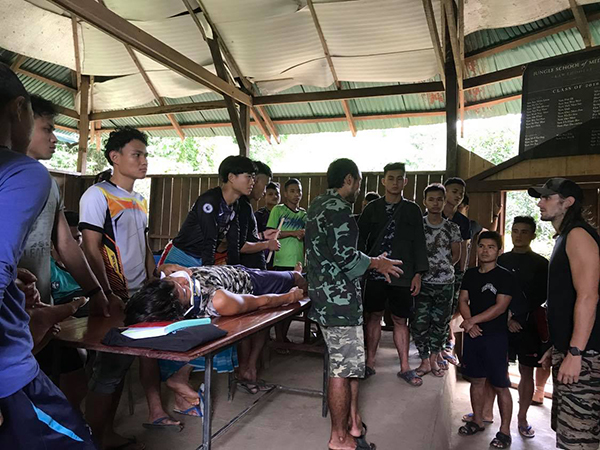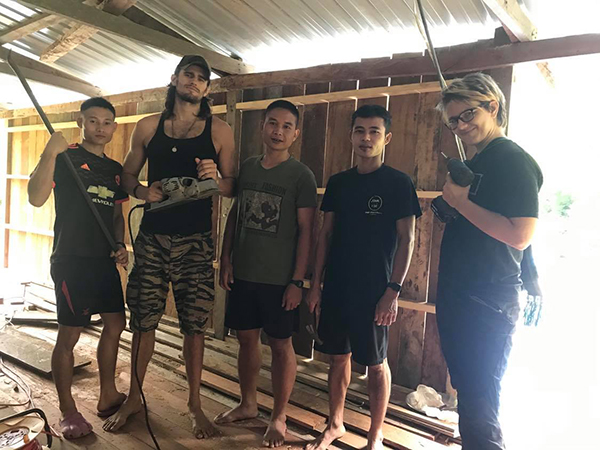Teaching and Training at JSMK – Summer 2020
21 August 2020
Karen State, Burma
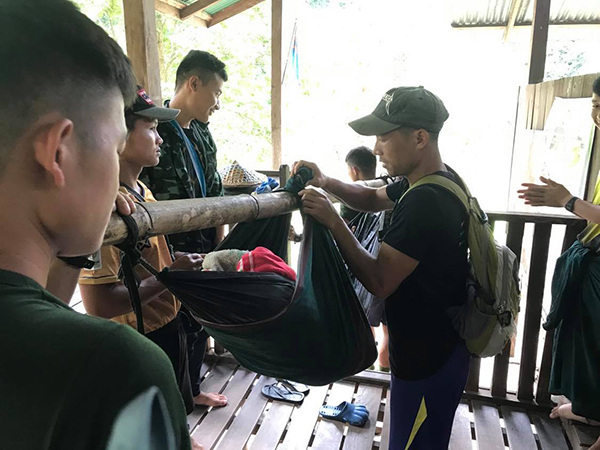
A Note from JSMK’s International Director
Dear friends,
It’s a pleasure to introduce Dr. Reme to the wider circle of FBR friends. She’s an American Internal Medicine doctor with a great deal of international experience. This was her second trip into the Jungle School of Medicine-Kawthoolei (JSMK), and we are so grateful for her open heart, and rich skill set. She has a gentle and effective way of teaching students and staff, and the confidence of her years of patient care make everyone she treats happy. Along with the rest of the world, SARS Covid-19 delayed her departure plans, and we have been so fortunate to have her stay longer with us. Below is her report of the time she spent in JSMK.
John Shaw, MD
International Director
Jungle School of Medicine-Kawthoolei
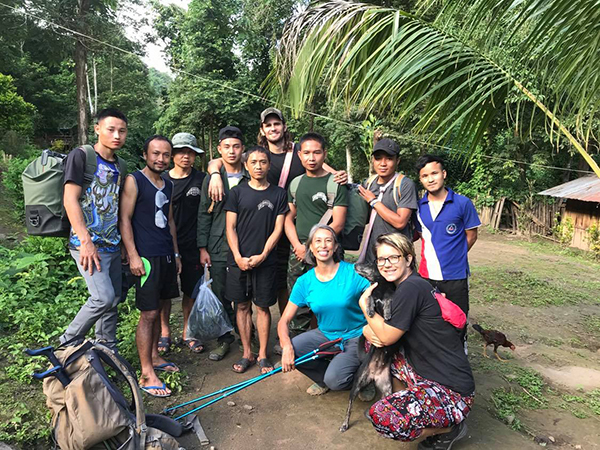
Teaching and Training at JSMK – Summer 2020
The mountains of Karen State are bursting with lush vegetation during rainy season, interspersed with terraced rice fields planted with this year’s paddy crop. The journey was made by foot and motorcycle and we all arrived by July 4th. While FBR celebrated the 4th, Katie, JSMK’s administrative coordinator, and Colin, a friend of FBR, and I recuperated after the long journey. I was responsible for conducting medical rounds in the morning and evening for the medic students. Most attended rounds, which included the students presenting the cases and reviewing diagnoses and treatment plans. On the first day I realized that they were only taking temperatures on the axillae and not orally or rectally. We reviewed how to do this and what was considered a fever.
The hospital was relatively busy with 3-6 patients most days. Two cases stood out during my time at JSMK. The first was a woman, 27 weeks pregnant, who attempted suicide by ingesting battery acid. After four days of trying to stabilize her, she gave birth prematurely. Despite trying for two hours to resuscitate the baby, we all decided that it was futile and allowed the family to grieve and hold the baby before it died. For three more days we tried to stabilize the mother medically before transferring her to Hpapun Hospital.
Another patient was a woman, 37 weeks pregnant, who had walked from a nearby village. She had been bleeding extensively for 2-3 days. We concluded that she had placenta previa and eventually the team carried her in a hammock slung on a bamboo pole (a “bambulance”) to Dae Bu Noh and then on to Hpapun Hospital for an emergency C-Section.
Many of our cases in the hospital were illnesses related to fevers such as malaria, leptospirosis and typhus. We also dealt with a palliative care issue where a gentleman presented with severe abdominal pain, enlarged liver, jaundice and weight loss.
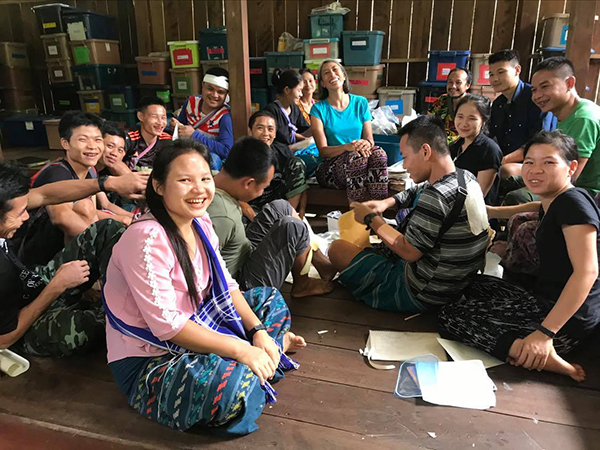
Toh had requested that I focus my lectures on fever and jaundice. My approach during these sessions was mostly interactive by having them take a history and discuss how to manage cases based on limited diagnostic capabilities and guiding their decisions based on history and physical exam. Part of active learning for these medics was to reinforce foundational knowledge in history-taking and physical exam skills.
Katie and I also provided in-service training for current junior and senior staff. Skill levels were reviewed with a pre-test. Medical math, vital signs, understanding Z scores, and history taking skills were taught to help elevate skills for current staff members.
We initiated a Quality and Risk Management process for the first time at JSMK. We reviewed the caustic acid ingestion case that had resulted in fetal demise. Important issues related to this case that we reviewed included a) management of pregnancy during admission and in the hospital, b) pre-term labor, c) management of a “blue” baby d) management of a suicidal patient.
Colin, who has a background as an Emergency Medical Technician and retired U.S. Army Ranger, taught a section on emergency and trauma care. He provided a framework for basic care that included the A-B-C and how to treat active bleeding out in the field. He also taught them how to build a makeshift backboard. At the end of the week we tested the students’ knowledge by having a mock three-person mass casualty incident where the students had to manage each case. They had to build a transportation device or backboard that also provided spine safety, hemorrhage management, and limb fractures. Overall the students did extremely well.
Colin also worked with the elementary school and taught English and continued to pursue his interest in wildlife management by networking with the Burmese Wildlife Management services. He also introduced the idea of collecting plastic bottles and stuffing them with trash as a waste management measure.
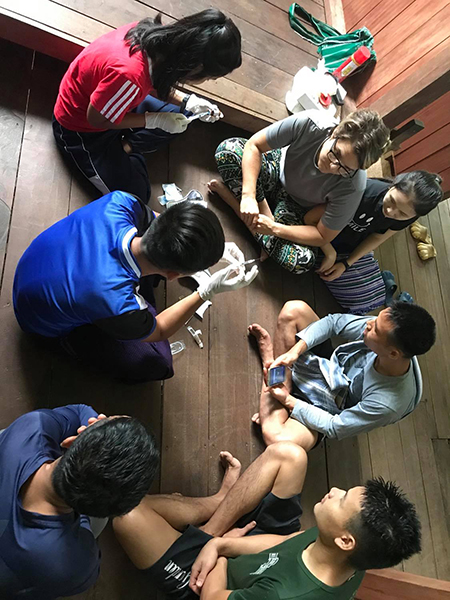
Katie worked with the staff in organizing supply management, reviewing the current process as well as simply going through supplies and becoming familiar with current stock, including old supplies that had long been unused. We found different types of IV injections and arrays of bandages that some of the staff were unfamiliar with, so this also proved to be a good teaching opportunity. Katie also reviewed basic math skills on a daily basis to ensure that medications and instructions given to patients would be done correctly.
I would characterize this three-week trip as successful and productive. I was able to teach basic improvements in patient care, provide medic education during that period and improve the training of JSMK staff, as well as providing clinical care to patients. The team renewed and improved the supply management system and contributed some health care and non-medical improvements in the community.
God bless you,
The Free Burma Rangers
